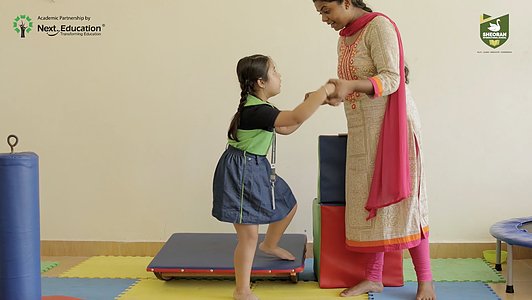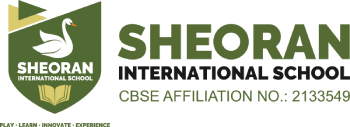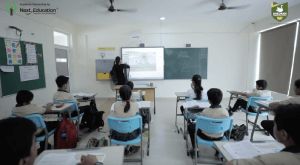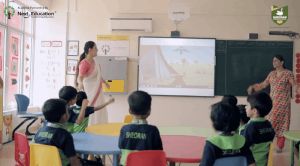Inclusive Education
Our mission is to understand the unique needs of every special child and strive to enable parents and professionals to help children grow to their full potential by providing them with the best service and globally researched products at an affordable cost to enhance their quality of life.
We remain dedicated to giving back to the community with our products and services and using a portion of our profit to sponsor a variety of events to benefit people with special needs and learning disabilities.

TYPES OF THERAPY
1. SPEECH & HEARING THERAPY
How we speak is fundamental to success in our relationships with peers, family and co-workers. Isolation can occur if the problem goes uncorrected or untreated. We provide Speech-Therapy services to these persons to develop into productive and successful members of society.
Different Kinds of Speech Disorders:
- Articulation Disorders include difficulties in producing the sounds in syllables or saying the words incorrectly to the point that other people can’t understand what is being said.
- Fluency Disorders include problems such as stuttering, the condition in which the flow of speech is interrupted by abnormal stoppages, repetitions or prolongations of the sounds and the syllables (stuttering).
- Voice or Resonance Disorders include problems with the pitch, volume or quality of voice that distract from what’s being said. These types of disorders may also cause pain or discomfort for the child while speaking.
- Feeding, Oral/Dysphagia Disorders include difficulties with eating or swallowing.
- Language is the system of symbols for communicating. Communication is the activity of conveying the information.


